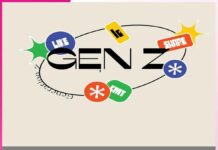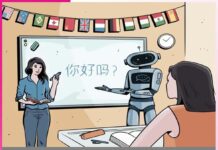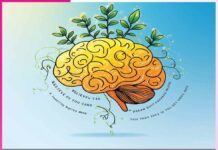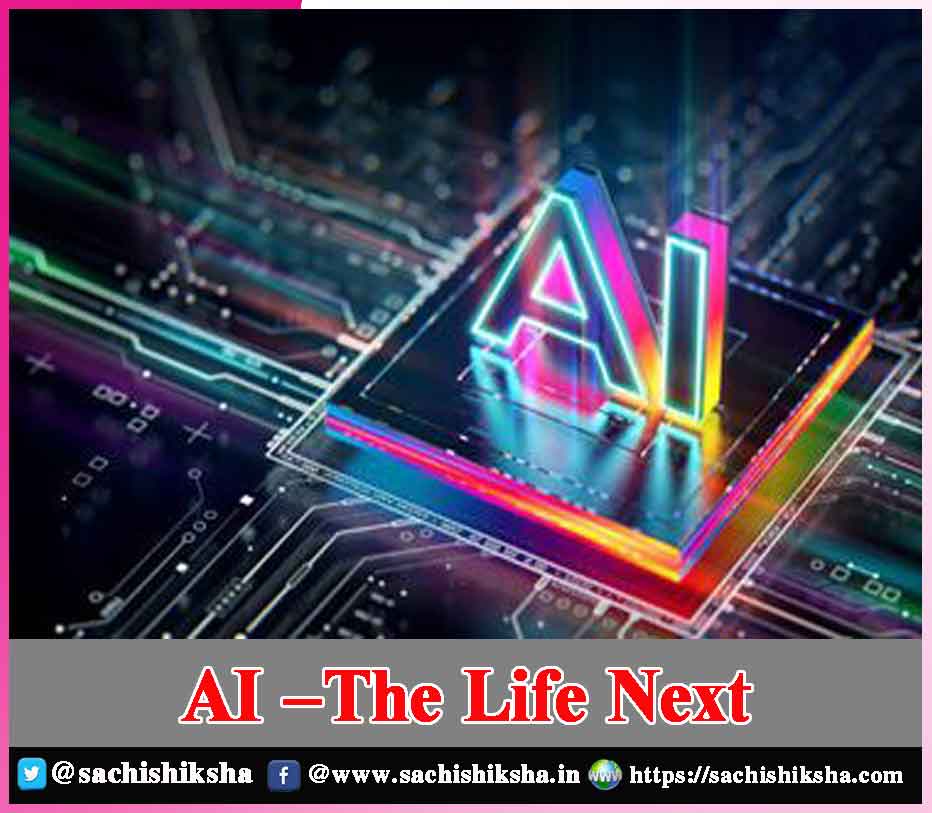AI –The Life Next Introduction: Everything in modern times is driven by technological advances, including financial markets, politics, and demographics. It has an impact on history, culture, employment, and disputes, and it is an important component of our civilization and mankind. Our intellectual talents, on the other hand, are one component of mankind which technology is yet to significantly damage.
Also Read:
- Top Popular Social Media Websites
- Social Media for a Social Cause Guruji’s tweets a hit on cyber space
- Twitter Versus Threads
- Media Sensationalism
- THE ERA OF SUPER APPS
- How to Become a YouTuber ?
Table of Contents
Artificial Intelligence:
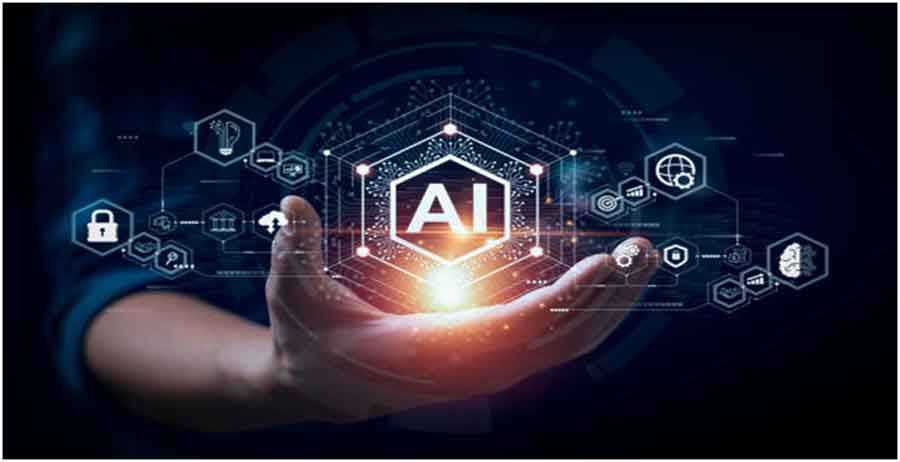
more critically, acquire knowledge from them to generate precise forecasts that exceed the abilities of humans. AI as well as deep learning is already revolutionizing the world we dwell in, such as detecting cancer, ad exhibition, and the most recently announced ChatGPT, but the technology’s potential applications are limitless.
Limitless Potential Applications:
In another sense, it is a computerized system that can analyze enormous quantities of data in order to uncover relationships and trends much faster than human beings. Once similarities are discovered, they are able to be utilized to determine medical issues, build a chatbots, or learn what a client is most passionate about buying.
Specialized Software & Hardware for AI:
As the excitement surrounding AI has grown, manufacturers have been rushing to showcase how AI is used in the goods and services they offer. What they call AI is frequently just one element of technological advances, such as the use of machine learning.
AI necessitates the use of specialized software and hardware in order to write and execute artificial intelligence algorithms. Although no particular programming paradigm is associated with AI, Python, R, Java, C++, and Julia all have aspects that are prominent along with the developers of Artificial Intelligence.
How AI Works?
Generally, AI systems work by absorbing massive amounts of tagged training information, assessing it for relationships and patterns, and then employing those patterns to forecast potential outcomes. By examining millions of instances, a chatbots that is supplied text samples may acquire the ability to make lifelike dialogues with individuals, while a picture recognition programme can learn to recognize and articulate items in photographs.
New generation AI algorithms that are rapidly improving can generate lifelike written content, visuals, music, and other material. AI is significant because of its capacity to alter how humans live, work, and play. It has been successfully used in business to computerize functions previously performed by individuals, such as servicing clients, lead creation, identifying fraudulent activity, and manufacturing control.
More Effective than Humans:
AI can do activities far more effectively than humans in a variety of domains. When it pertains to monotonous, meticulous activities, such as analyzing huge quantities of legal papers to verify important fields are correctly filled in; AI systems frequently accomplish assignments swiftly and with minimal mistakes.
AI may also provide organizations with insights into their day-to-day activities that they were previously unaware of. The fast growing community of generative AI tools will be critical in areas that range from teaching and advertising to merchandise design. Indeed, developments in AI approaches has not only contributed to an increase in effectiveness, but additionally opened up the door to totally new economic options for certain larger organizations.
Will AI Replace Humans?
The most profound change in the development of humans since the dawn of time is going to forever change who we are as human beings. The next change in paradigms entails more than just technological breakthroughs. The revolution is a progressive one. AI will not replace humans or participate in disputes with them. Rather, we’ll put it into practice and integrate knowledge into our thinking.
Our evolution will shift from genetic to technical skills. Artificial intelligence is not created in the computer. Humans are the ones who achieve superior intelligence. As a result of the revolution in technology, there will be greater cognitive mismatch between our biological programming and the surroundings we live in. We couldn’t function in a culture that promotes super intelligence unless we were extraordinarily bright.
AI Legislation:
Humankind 2.0 will control the next epoch; it is an increasingly intelligent, self-aware, linked, and cohesive form of humanity that will push the boundaries of our shared knowledge and offer solutions to long-standing unaddressed issues. Considering possible concerns, there are at present few regulations limiting the use of AI technologies, although such laws do exist, they usually do not directly relate to AI.
Making rules to control AI will be difficult because restrictions can stifle the study and development of AI. A further roadblock to developing meaningful AI legislation is the swift development of AI technology. Furthermore, technological developments and innovative uses like ChatGPT can render existing rules outdated in a split second. Of course, the governments have the authority to regulate AI but they cannot prevent cybercriminals from abusing the innovation.
Machines Versus Humans:
What is simple for humans is difficult for machines, whereas what is simple for machines, such as rapidly analyzing terabytes of data, is outside the capacity of the brain of an individual. These kinds of talents will be required in the rapidly evolving world for everything from business to higher learning to commerce to outer space exploration to quantum mechanics to medical.
Conclusion:
The unanswered question at this point revolves whether AI and human intelligence are going to eventually emerge, indicating an additional stage in the advancement of the human race and its distinct brain. For certain individuals, the conclusion is an unequivocal yes. At this moment, the human species will either accept a new world of people-machine partnership or face a future in which people actually convert into machines. There is no turning back.





